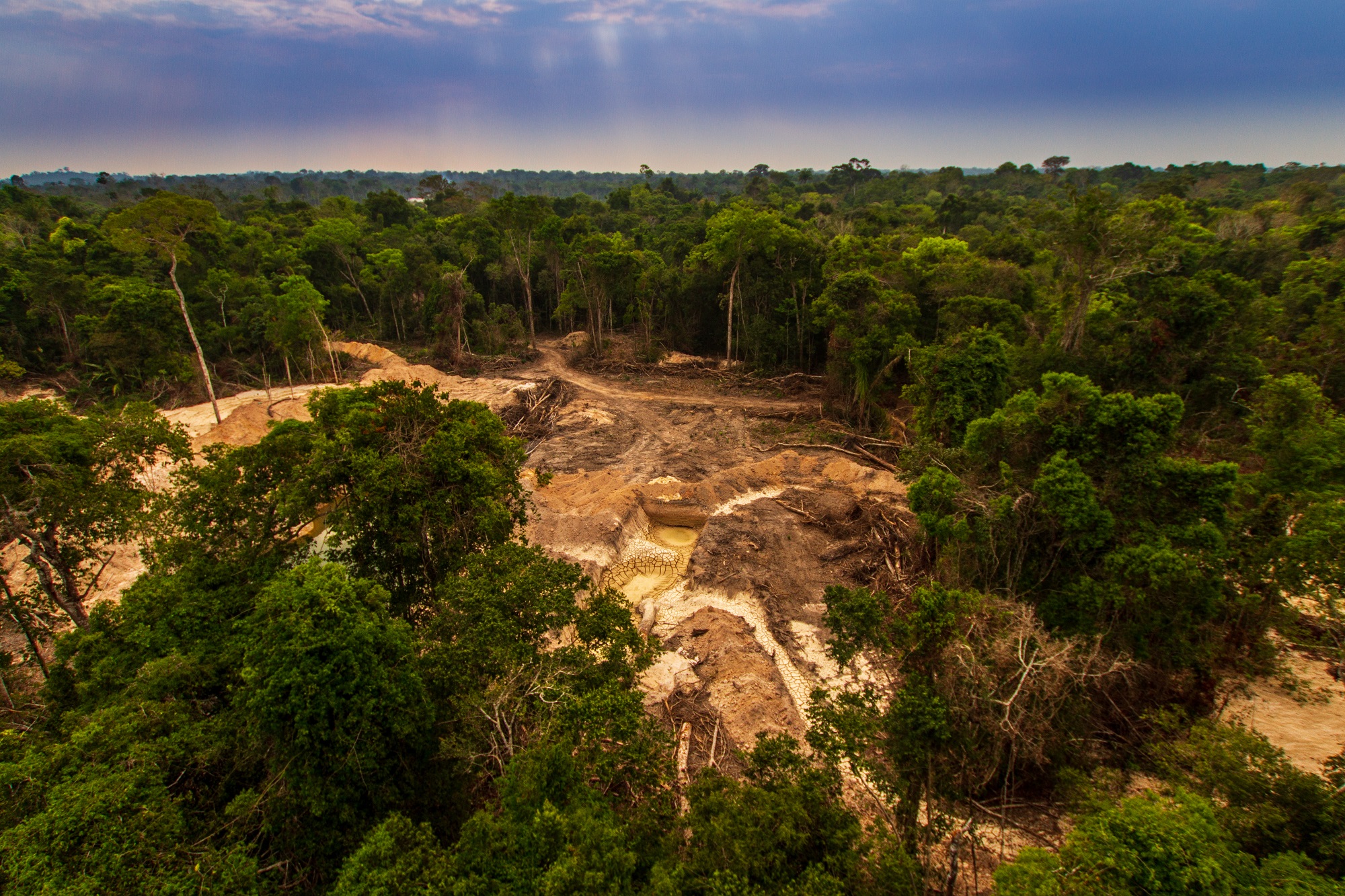
In a world increasingly aware of environmental challenges, the impact of consumer brands on global deforestation has come under intense scrutiny. Procter & Gamble, Mondelez, and Nestle are among the top companies contributing significantly to this issue. This article explores how these leading consumer brands are driving deforestation and what can be done to mitigate their impact.
The Impact of Consumer Brands on Deforestation
Deforestation is the large-scale clearing of forests, which results in the loss of biodiversity, disruption of ecosystems, and contributes to climate change. Major consumer brands like Procter & Gamble, Mondelez, and Nestle are implicated in deforestation primarily through their supply chains. These companies rely heavily on raw materials such as palm oil, cocoa, and paper, which are often sourced from areas where forests are cleared to make way for plantations and farms.
Procter & Gamble: Household Essentials at a Cost
Procter & Gamble (P&G), known for household brands like Tide, Pampers, and Gillette, has faced criticism for its role in deforestation. P&G's use of palm oil, a key ingredient in many of its products, has been linked to large-scale deforestation in Southeast Asia. Despite commitments to sustainable sourcing, reports indicate that P&G's supply chain still includes suppliers involved in deforestation.
Key Issues:
Palm Oil: Major ingredient in many P&G products.
Mondelez: The Chocolate Giant's Dark Side
Mondelez International, the company behind Oreo, Cadbury, and Toblerone, is another major player in global deforestation. The demand for cocoa, which is predominantly grown in West Africa, drives significant deforestation. Forests are often cleared to create cocoa plantations, leading to habitat destruction and biodiversity loss.
Key Issues:
Cocoa Production: Major contributor to deforestation in West Africa.
Nestle: A Complex Web of Supply Chains
Nestle, the world's largest food and beverage company, has a diverse range of products including KitKat, Nescafe, and Purina. Nestle's extensive supply chains involve palm oil, soy, and paper, all of which contribute to deforestation. Despite efforts to promote sustainable sourcing, Nestle continues to face challenges in ensuring all its suppliers adhere to environmental standards.
Key Issues:
Multi-Commodity Impact: Uses palm oil, soy, and paper, all linked to deforestation.
Steps Toward Sustainability
While the contributions of these companies to deforestation are significant, there are measures they can take to reduce their environmental footprint:
- Strengthening Supply Chain Transparency:
Companies need to ensure complete visibility of their supply chains to identify and eliminate sources of deforestation.
- Committing to Sustainable Sourcing:
Brands must commit to sourcing materials from certified sustainable sources and support initiatives that promote reforestation.
- Supporting Local Communities:
Investing in local communities can promote sustainable agricultural practices and reduce the economic incentives for deforestation.
- Enhancing Accountability:
Implementing strict monitoring and enforcement mechanisms can ensure suppliers adhere to environmental standards.
- Consumer Awareness:
Educating consumers about the impact of their purchases can drive demand for sustainably sourced products.
Conclusion
Procter & Gamble, Mondelez, and Nestle are among the leading consumer brands driving global deforestation. While they have made some strides towards sustainability, much more needs to be done to mitigate their impact. By strengthening supply chain transparency, committing to sustainable sourcing, supporting local communities, enhancing accountability, and raising consumer awareness, these companies can take significant steps towards protecting our forests.
For more detailed insights into the role of these companies in global deforestation, visit here.
